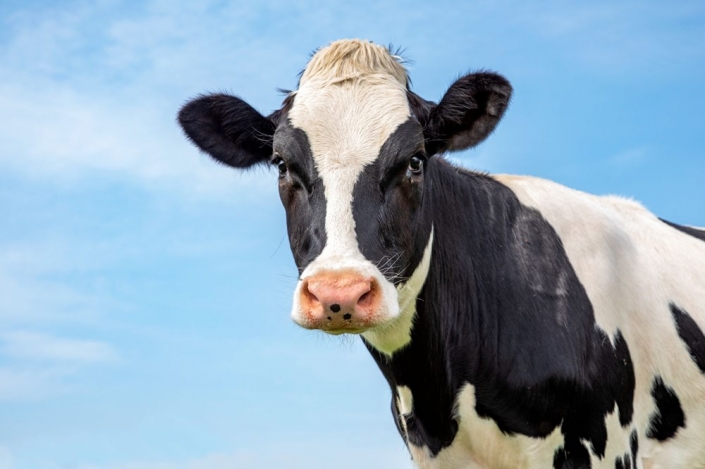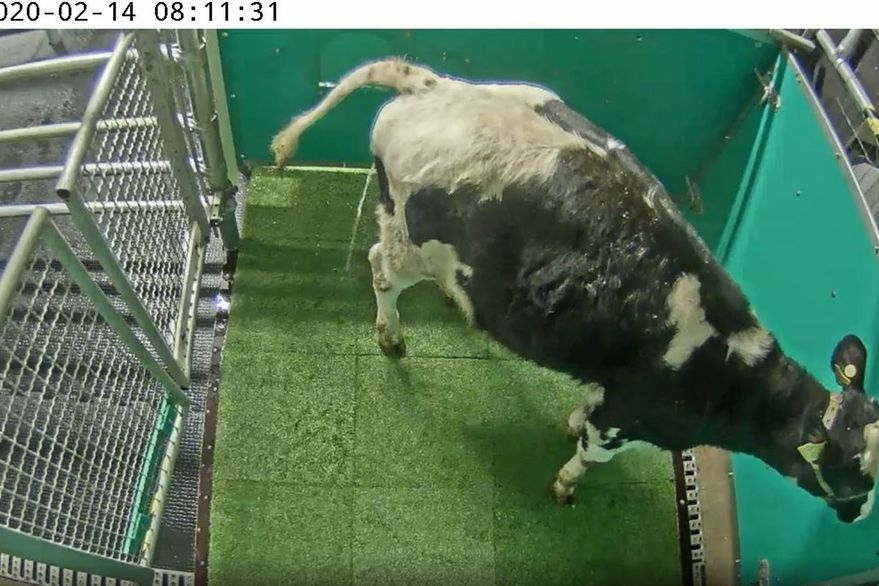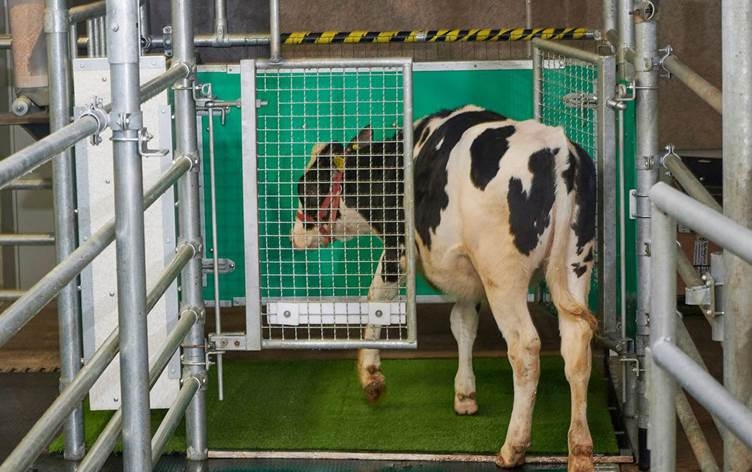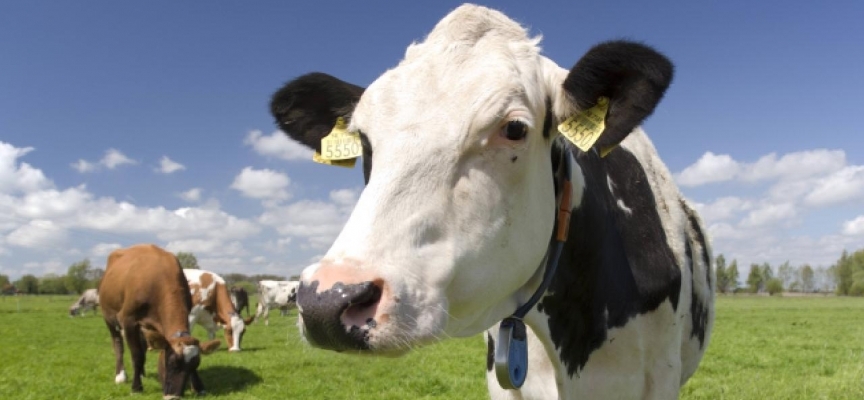![FIFA 22: What You Need to Know About [ AI Updates ]](https://dailyroco.com/uploads/articles/poster/1632994339.jpeg)

In Germany, they taught cows to use a toilet to reduce greenhouse gas emissions. On a farm where cows freely relax while grazing, they said they found such a solution, as the build-up and spread of waste often pollute the soil and local waterways.
This can be controlled by enclosing cows in barns, but urine and feces accumulated in these confined spaces combine to form an indirect greenhouse gas, ammonia.
In a paper published in the journal Current Biology, researchers show that cows can be trained to use toilets, allowing waste to be collected and processed, thus cleaning the barn, reducing air pollution, and creating more open and environmentally friendly farms.

Co-author Jan Langbein, an animal psychologist at the Farm Animal Biology Research Institute (FBN) in Germany,
"It's normally assumed that cattle are unable to control defecation or urination," he says, but he and his team have questioned this. "Farm animals, like many other animals or farm animals, are highly intelligent and can learn a lot, why not learn to use the toilet?"
The research team of scientists from FBN, FLI (Germany), and the University of Auckland (New Zealand) worked on a process they call MooLoo training to teach calves to relax. They first rewarded their calves when they urinated into the toilet and then allowed them to approach the latrine from the outside when they needed to urinate.
Ammonia produced in cow waste does not directly contribute to climate change, but when it seeps into the soil, microbes turn it into nitrous oxide, the third most important greenhouse gas after methane and carbon dioxide. Agriculture is the largest source of ammonia emissions, with livestock accounting for more than half of this contribution.

“You have to try to involve the animals and train them to follow through on what they need to learn,” Langbein says. "We thought it would be possible to train animals, but we didn't know to what extent."
To encourage toilet use, the researchers asked the calves to associate urination outside the toilet with an unpleasant experience. “As punishment, we first put a headset in their ears and gave them a very irritating sound every time they urinated outside,” Langbein explains. We thought this would punish the animals, but they didn't care. In the end, a drop of water worked as a mild detergent. "
Surprisingly, the calves showed a comparable level of performance to children and higher than very young children.

Langbein is optimistic and believes that with more training, this success rate could increase even more. "After ten, fifteen, twenty years of research on animals, we know that animals have personalities and handle things differently. But they're not all the same," he adds.
Now that the researchers know how to train cows to relieve themselves, they want to translate their results into real animal shelters and outdoor systems. Langbein hopes that "in a few years all cows will go to the toilet."